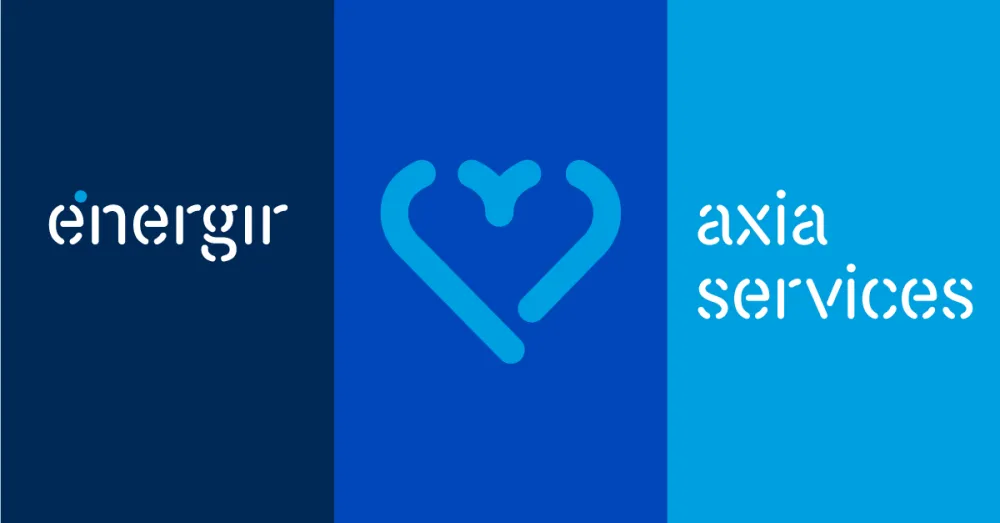
Community, Sustainable development
Carbon Scol’ÈRE: A program that helps young people make a tangible contribution to reducing greenhouse gases
For a company like Énergir, investing in sustainable development doesn’t just mean reducing the carbon footprint of its activities. It also means supporting local suppliers who operate responsibly and ethically and who care about the wellbeing of their workers.
That’s why, since 2014, the evaluation grids used for Énergir’s calls for tenders include sustainable development criteria. In equal measure, these criteria favour social economy enterprises that serve the community (e.g. ensure social and professional integration, create high-quality and sustainable jobs, deliver and maintain community-based services, protect the environment).
In 2019, Énergir signed a contract with Axia, a Montréal-based social economy enterprise, for the provision of security services at its Montréal head office. The two companies networked through “L’économie sociale, j’achète” program launched by the Conseil d’économie sociale de l’île de Montréal (CÉSIM), which Énergir has participated in since 2017. The program aims to encourage Montréal institutions and companies to do business with local social economy enterprises.
However, social economy enterprises don’t receive special treatment when their files are analyzed: “Axia’s proposal was handled like any other. Given the sensitive nature of the security of our facilities, Énergir’s Procurement Department conducted an extensive investigation of Axia and some of its clients to ensure that it could offer all the necessary guarantees,” explained Jonathan Girard, Manager, Goods and Services Procurement at Énergir.
Énergir also does business with several other social economy enterprises in Montréal and elsewhere in Québec, including Insertech, which helps young people enter the job market and offers affordable refurbished computers, Sentier urbain, which supports marginalized people by involving them in greening projects, and Projet Jeunesse St-Michel, an organization in RouynNoranda that works with 12- to 17-year-olds.
Énergir’s commitment to supporting businesses that are focused on the good of the community is part of a comprehensive responsible procurement approach the company launched in 2012. This approach led to an overhaul of its call for tender evaluation grids, as well as to the development of a Supplier Code of Conduct, which sets out Énergir’s expectations of its suppliers. The code encourages suppliers to implement ethical management, maintain safe working conditions throughout the supply chain and develop an environmentally responsible design and manufacturing processes.
Moreover, as Jonathan Girard pointed out, doing business with a social economy enterprise allows Énergir to have more direct communication with suppliers, to develop a sense of proximity with them, to be more responsiveness to their needs and to benefit from competitive rates. This, of course, is in addition to contributing to the social mission of the enterprise in question, whether it be ensuring professional reintegration, supporting people in need, combatting poverty, protecting the environment, etc.
“You need to move past your biases and treat social economy enterprises like any other type of business. You have to educate yourself, do your analysis, ask questions and talk to their clients to understand who you’re dealing with. At the end of the day, you often discover that your prejudices were unfounded and that these businesses can be valuable allies,” said Jonathan Girard.
| What is the social economy? The social economy (also known as “collective entrepreneurship”) is an economic model that includes all businesses that not only sell products and services to make a profit but to meet the needs of its members or the community as well. Social economy enterprises are mainly cooperatives, mutuals and non-profit organizations that work in areas such as environmental protection, social and professional reintegration, neighbourhood revitalization and the fight against poverty. In Montréal alone, the social economy represents more than 65,000 direct jobs and $2 billion in annual revenues. |